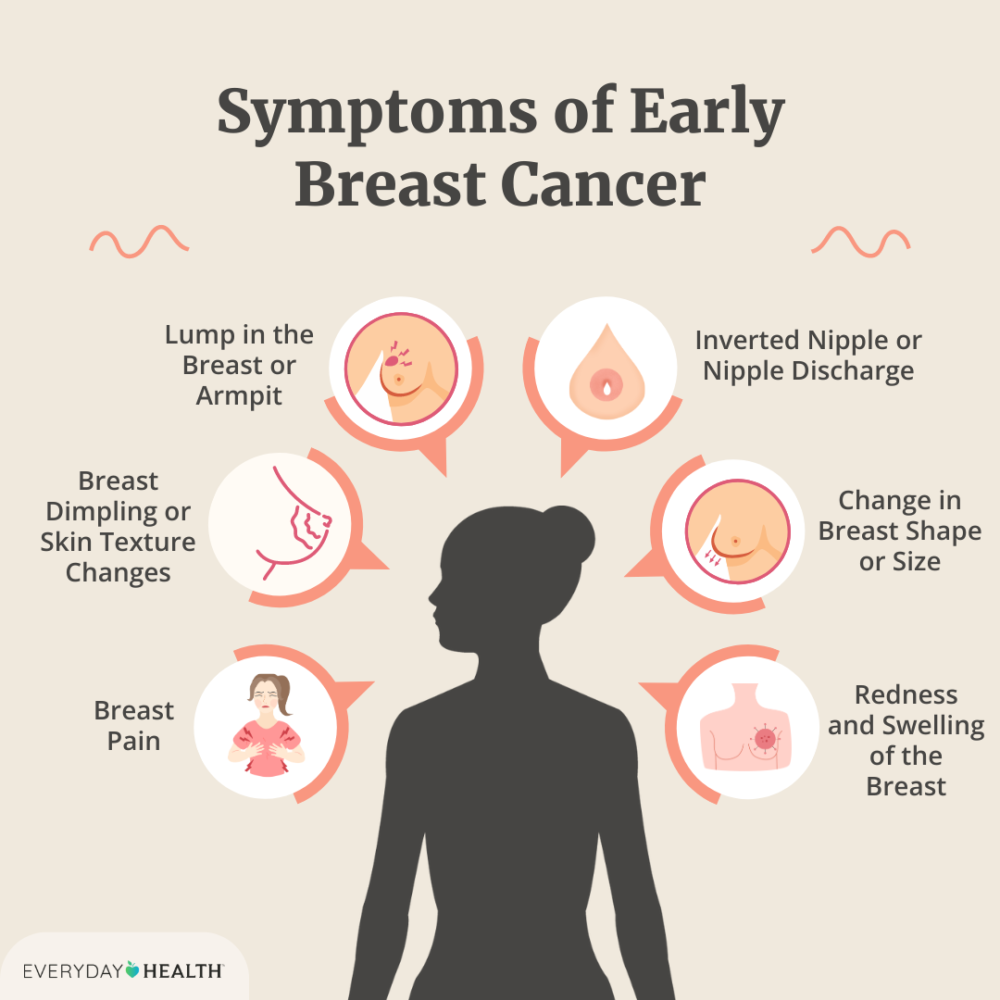Whom?
Information about PRE-ACT is relevant to breast cancer patients, former patients, family, relations and anyone who is interested in this theme.

Patient viewpoint
The ultimate aim of the PRE-ACT project is to better inform patients about their risks of side-effects after radiotherapy. We will listen to what participants in the trial feel about the app, the information they receive and the decisions that they make about treatment as a result. The ideas and views can then be incorporated in later versions of the app.
Breast cancer or by another word: mammary carcinoma is a type of cancer that comes from the milk gland tissue in the breast. It is the most common type of cancer in women: 22 per cent of all cancers in women. It affects about 1 million women worldwide every year. Among women aged between 30 and 59, it is the most common cause of death. It is sometimes wrongly assumed that women who do not have breast cancer in the family are at low risk. The majority (about 75%) of new cases of breast cancer are diagnosed in women in whom the disease does not run in the family. It is important to check yourself from time to time for the so-called 'lump in your breast'.
Copyright image: Everyday Health (https://www.everydayhealth.com/)

Patient involvement
Currently, we have two patient advocates groups who participate in the project through a representative.
- Cheryl Roumen – Breast Cancer Foundation Netherland
Dr. Roumen is also a senior program officer at NWO (Dutch Research Council) for the domain Applied en Engineering Sciences. She is bridging parties within the segment technical scientists and users for excellent technical-scientific research. You can read here more about Cheryl Roumen.
- Hilary Stobart - Breast Cancer Now UK
Since facing a breast cancer diagnosis in 2009, Hilary Stobart has been a dedicated advocate for optimizing radiotherapy treatments while minimizing side effects through her involvement in various trials and projects. Retired now, she spent the majority of her professional life as a computer systems manager in Cambridge.
Patient organisations
Several European countries have specific breast cancer patient organisations that provide plenty of information and also bring peers together.
- Belgium/Flanders -http://www.borstkanker-vlaanderen.be/
- France - https://www.europadonna.fr/
- Greece - https://almazois.gr/
- Italy - https://www.alts.it/
- Netherlands - https://www.borstkanker.nl/
- Spain - https://www.fecma.org/
- United Kingdom - https://www.macmillan.org.uk/
- United Kingdom - https://www.cancerresearchuk.org/